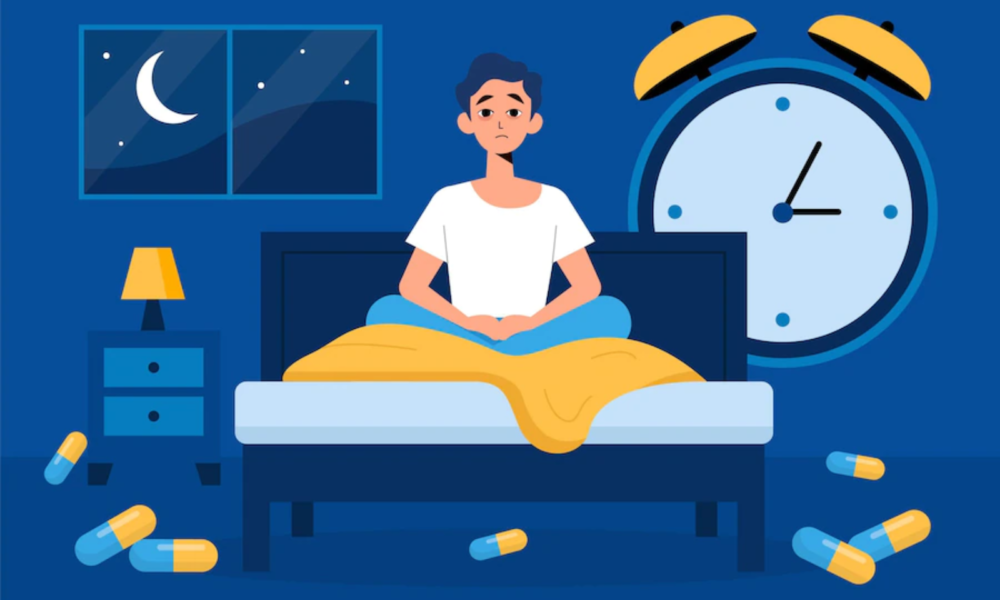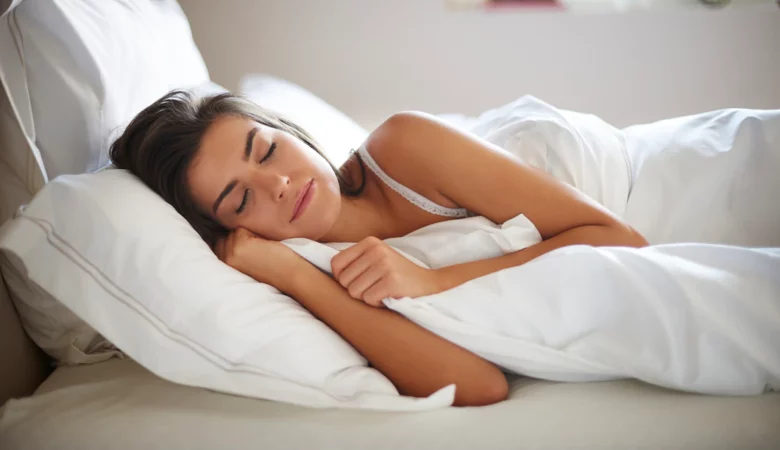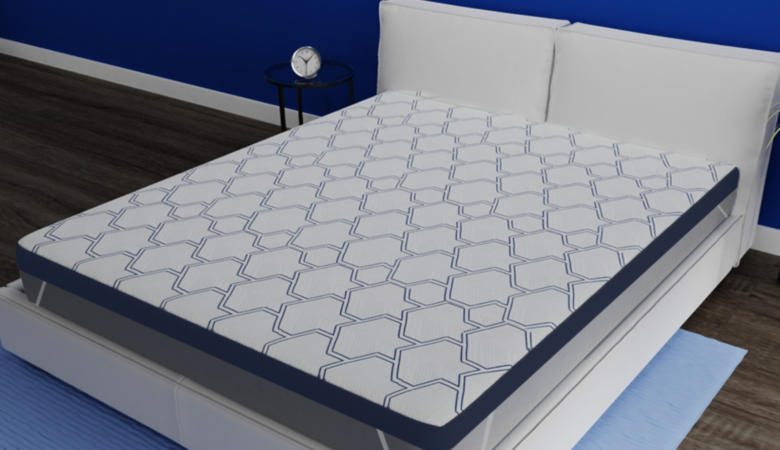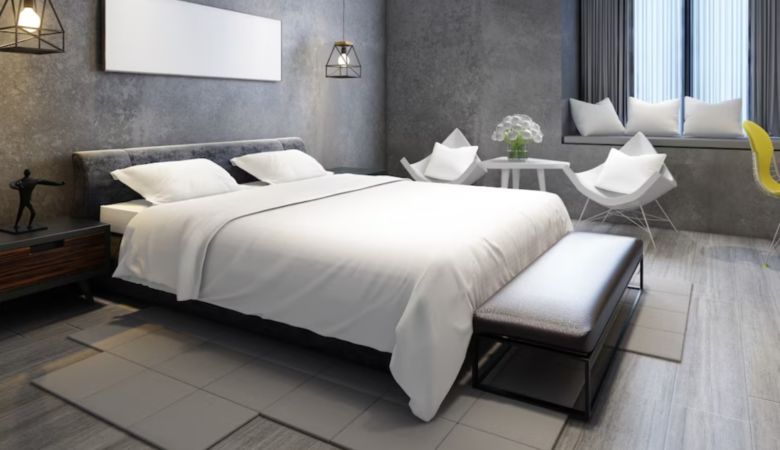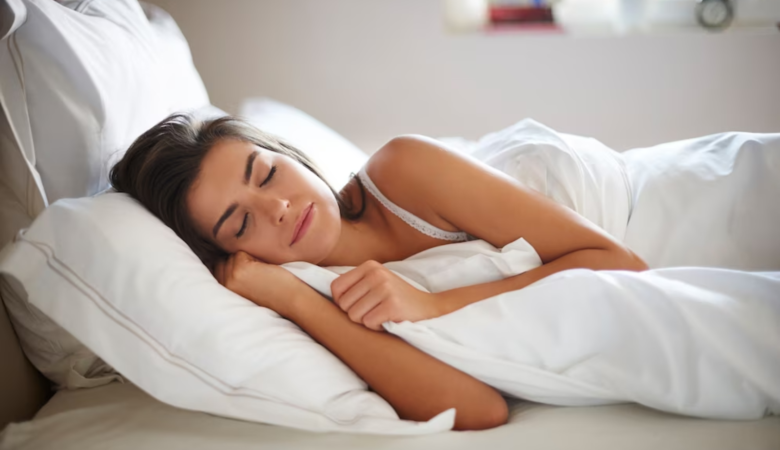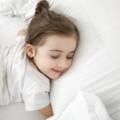Many people experience chronic snoring, tossing and turning, and nightmares that leave them yawning and in need of relief the following day, unaware that these symptoms are a part of the six types of sleep disorders.
Don’t assume your sleep issue will go away if you go to bed at a normal time for your schedule and yet wake up fatigued most days. Instead, look for the root of your sleep issue and take steps to fix it. Most patients don’t ask for assistance until they’ve been struggling for a while.
Mattress
CUSTOM: Ortho X Advance 3
$7897.0 - $30867.0
Duos flexi
$3480.0 - $8300.0
 DUOS PRO+ Reversible PROFILE HR Foam Mattress |3D SleepTech Zones
$5317.0 - $11399.0
DUOS PRO+ Reversible PROFILE HR Foam Mattress |3D SleepTech Zones
$5317.0 - $11399.0
An inability to sleep well can have a negative impact on health and functioning. Adults require seven to eight hours of sleep per day. Memory, focus, mood, strength, and immune function could be harmed by insufficient rest. Purchasing a high-quality mattress, such as the LivPure ortho mattress, or a super soft mattress can help you sleep better. Look for the best mattresses in India to improve your quality of sleep, as excess weight, diabetes, increased blood pressure, cardiovascular disease, stroke, and poor mental function can all develop over time as a result of a lack of sleep.
Here are the six classifications of sleep disturbances and some suggestions for getting more rest.
1. Not enough sleep
Patients with insomnia frequently feel tired and have trouble getting or staying asleep. When under stress, insomnia frequently gets worse, but if it persists for 3 months or more, it can become serious. The issue can be made worse by bad sleeping habits, environmental changes, drugs, and co-occurring medical disorders like asthma or sleep apnea. The most effective treatment for insomnia is cognitive behavioural therapy, which educates a client regarding sleep cycles and distinctive sleep difficulties. Moreover, clinicians may recommend additional prescriptions.
2. Sleep apnea and snoring
Snoring can be harmful in addition to being annoying. Sleep apnea leads to breathing and choking interruptions that interfere with sleep quality and oxygen levels at least five times each hour. It is linked to high blood pressure, heart disease, and stroke if left untreated. Airflow is facilitated by continuous positive airway pressure therapeutic interventions, which are considered the best for treatment. Other methods to prevent airway closure involve moving the bottom jaw and tongue outward (with a mandibular progression device and nerve stimulator). Patients may also benefit greatly from surgery for extra tissue in the throat and nose that may be obstructing their ability to breathe.
3. Issues with the circadian rhythm
The accelerated (dawn riser) or delayed (late sleepers) sleep-wake cycle irregularities are the biological basis for the behaviours of “larks” and “night owls,” respectively. The circadian rhythm is a 24-hour cycle that both follow, and this cycle is distinct from the day-night cycle that occurs naturally outside. Even though a lot of people can overcome this quirk, it might become a problem if it interferes with your ability to operate when you need to be awake. Traveling across a number of different time zones, sometimes known as jet lag, or working midnight shifts are two more things that might throw off a person’s rhythm (shift work disorder).
Insomnia or recurring awakenings at times that prevent you from getting the full seven to eight hours of sleep can be caused by a body clock that is out of sync with your schedule. This can impair your ability to concentrate and regulate your mood, both of which can be detrimental to your overall health.
The treatment consists mostly of exposing the patient to strong light and administering a very low dose of melatonin (.5 milligrams), both of which are intended to provide the brain with signals for wakefulness and sleep. You can adjust your cycle and get on your preferred schedule by using lighting and practising excellent sleep hygiene, which includes maintaining a regular routine and avoiding electronic gadgets in the hour leading up to bedtime.
4. Disorders of movement
Having restless leg syndrome in the legs and feet impedes your ability to stay comfortably awake at night. These unpleasant or painful impulses may be brought on by a variety of medical conditions or medications, the most common of which are kidney disease, anaemia, nerve damage, pregnancies, anxiety, or antidepressants. Other possible causes include: It has been estimated that between 7 and 10 per cent of people would be affected by them.
If it becomes essential, medical professionals may cease prescribing medications that contribute and begin prescribing iron supplements instead. In addition, they could provide medications, foot wraps, or other treatments to alleviate the discomfort.
5. Other sleep problems
Night terrors that the person does not remember, sleepwalking, sleep talking, hallucinations, and sleep paralysis are a few examples of the unpredictable night bouts that people can experience.
Some parasomnias, such as recurring nightmares, might be triggered by traumatic stress disorder (PTSD) or by not getting enough sleep.
The majority of people outgrow them as they become older, as they are more common in youngsters, but physicians normally work to reduce the chance of injury and minimize any reasons that may be present.
6. Oversleeping
Hypersomnia typically oversleeps upwards of 10 hours every night, and yet they never wake up feeling rested, in contrast to the vast majority of people who suffer from other types of sleep problems. They might have hallucinations, or they might have sleep attacks.
Cataplexy is characterized by an abrupt emergence of muscle weakness that is exacerbated by intense feelings. Another symptom of narcolepsy, which is a condition of the nervous system brought on by insufficiency of orexin chemicals in the brain, is this difficulty staying awake.
About Livpure
Using a thorough evaluation or sleep study, a medical professional can assist in diagnosing your sleep condition and provide personalized care strategies that enhance your quality of life. A good mattress can help you avoid letting minor sleep disturbances become chronic conditions. Livpure Orthopedic mattresses can help reduce physical aches and joint pains while you sleep, improving your quality of sleep. Find the best mattress in India on the Livpure mattress website. You can find other LivPure sleep products such as cushions, scented sprays for sleep aromatherapy, mattress covers, king mattresses, queen mattresses, and other tools to address any sleep problems.

